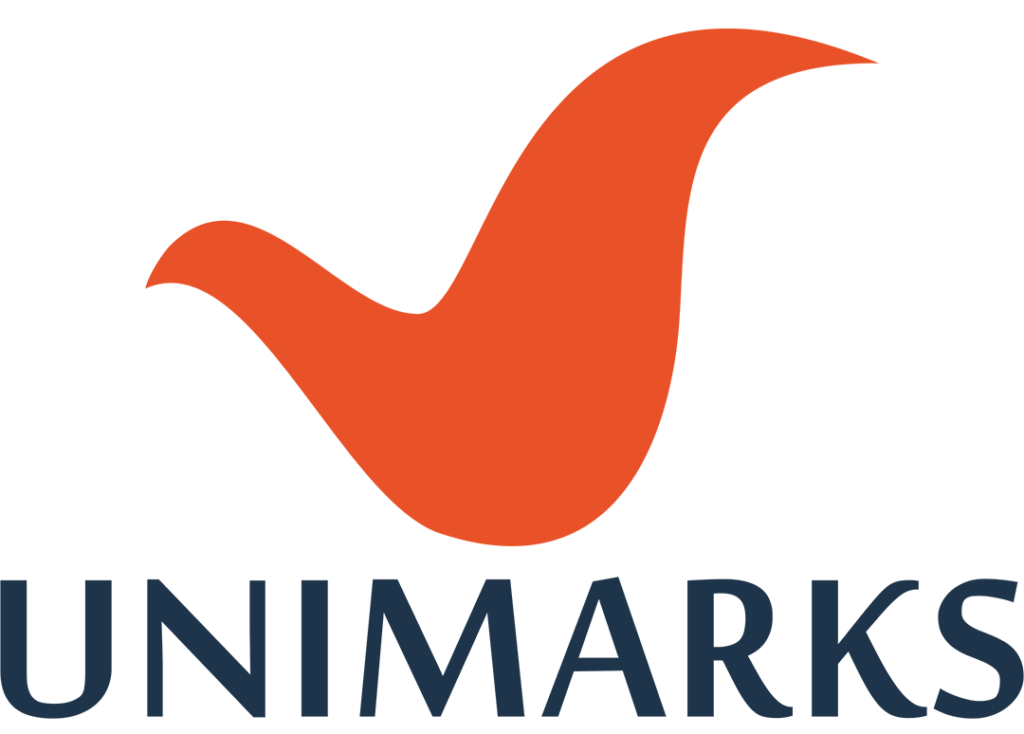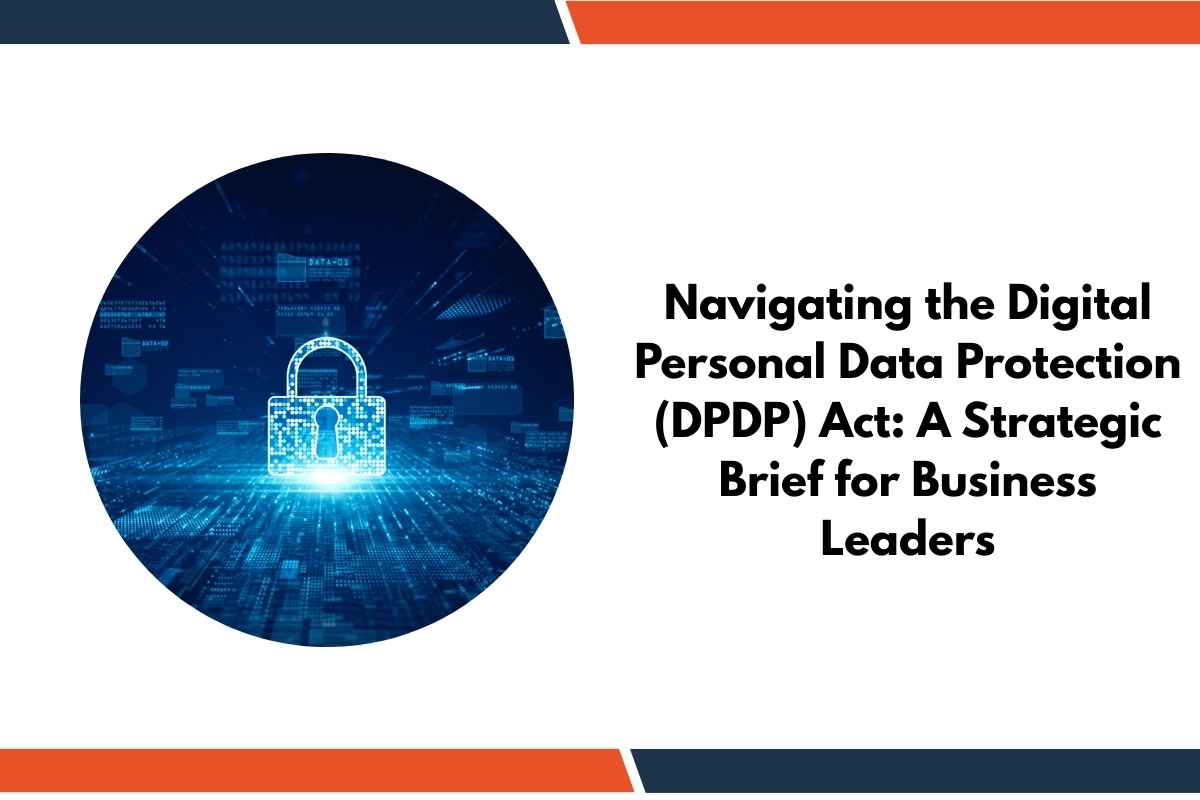You search for your favorite brand on Google, and the very first result is a sponsored ad for its biggest rival. Sound familiar? This common digital marketing tactic, known as keyword advertising, sparked a high-stakes legal battle in India between two travel giants: MakeMyTrip and Booking.com.
The central question: Is it legal to bid on a competitor’s registered trademark as a keyword to trigger your own ads?
The journey of this case—from a trial court to the Division Bench and finally to the Supreme Court—has provided a clear and definitive answer, setting a crucial precedent for brands and marketers across the country. Let’s dive into this landmark saga and understand what it means for trademark infringement in the digital age.
Also Read : Can You Trademark a Common Word? A Deep Dive into the ‘STAR’ Battle
The Battle Between Two Travel Giants
The Players:
- MakeMyTrip (MMT): One of India’s leading online travel aggregators.
- Booking.com: A global travel booking platform.
The Dispute:
MMT accused Booking.com of bidding on MMT’s registered trademarks (like “MakeMyTrip” and “MMT”) as Google Ads keywords. This meant that when users searched for “MakeMyTrip,” sponsored links for Booking.com appeared at the top of Google’s search results.
MMT argued this diverted customers, hurt their brand, and forced them into costly bidding wars for their own trademarks.
The Legal Issues
The court had to decide:
- Is bidding on a competitor’s trademark as a keyword “use” under trademark law?
- Does it amount to trademark infringement even if the ad doesn’t show the competitor’s mark in visible text?
- When does keyword advertising cross the line into consumer confusion?
How the Case Unfolded
Single Judge’s Interim Ruling (April 2022)
- MMT scored an early win.
- The judge ruled that using a competitor’s trademark as a keyword was indeed use in the course of trade and could be infringing.
- The reasoning: It unfairly took advantage of MMT’s goodwill, diluted the mark, and forced MMT to spend more to defend its own search space.
- An interim injunction was granted against Booking.com.
Also Read : E-Commerce Platform Liability Demystified: Safe-Harbor Limits and Platform Control Post-Lifestyle Equities
Division Bench Appeal (December 2023)
- Booking.com appealed — and won.
- The Division Bench overturned the injunction, holding:
- Keyword use is not automatically trademark infringement.
- The key test is likelihood of confusion for the average internet user.
- If an ad is clearly labeled and the advertiser is a well-known brand in its own right, confusion is unlikely.
- Competitive advertising via keywords is legitimate — as long as it’s not misleading.
Supreme Court’s View (March 2024)
- MMT took the fight to the Supreme Court.
- The apex court dismissed the appeal, agreeing with the Division Bench.
- Final word: Using a rival’s trademark as a keyword in Google Ads is not per se infringement — it depends on whether the resulting ad misleads consumers.
Key Legal Principles from the Ruling
- Keyword Advertising Is Legal — But Not Unlimited Using a competitor’s trademark as a keyword is allowed if the ad itself is clear, non-deceptive, and avoids implying affiliation.
- Likelihood of Confusion Is Crucial The court looks at the ad’s presentation, not just the hidden keyword.
- No Monopoly Over Search Terms Brands can’t block competitors from appearing in search results for their trademark — unless confusion is shown.
Why This Case Matters for Businesses
- For Advertisers: You can target competitor keywords — but your ad must not mislead.
- For Brand Owners: Monitor online ads for misleading use of your trademarks; act if consumer confusion is likely.
- For Digital Marketers: Transparency in ad copy is key to staying compliant.
Also Read : Deceptively Similar Trademarks: Never-Ending Conflicts from the Perspectives of the Madras High Court
Conclusion
The MakeMyTrip vs. Booking.com saga has redefined how Indian law views keyword advertising. The court balanced trademark protection with healthy market competition, making it clear: bidding on a rival’s trademark is fine — misleading consumers is not.
For travel companies, e-commerce brands, and digital marketers, this case is a crucial reminder: in keyword advertising, clarity beats confusion every time.
Also Read : Anti-Dissection vs. Dominant Part: Under Armour’s Landmark Victory at the Delhi High Court
Dynamic Injunctions in the Digital Marketplace: Reliance’s Shield Against Online Brand Misuse
Author: Suresh Kumar is an Advocate at the Madras High Court and Managing Attorney at Unimarks Legal Solutions, Chennai. Since 2008, he has focused on trademark enforcement and litigation across the Madras HC IP Division, Commercial Courts, and District Courts in Tamil Nadu.
If an IP dispute is impacting your revenue or brand in Chennai or anywhere in Tamil Nadu, don’t wait. Connect with Trademark Lawyers or Legal Consultants in Chennai to review your documents, stress-test your legal position, and outline clear, actionable options to enforce you trademark rights.
Author:
Suresh Kumar is an Advocate at the Madras High Court and Managing Attorney at Unimarks Legal Solutions, Chennai. Since 2008, he has focused on trademark enforcement and litigation across the Madras HC IP Division, Commercial Courts, and District Courts in Tamil Nadu.
Disclaimer: The content provided here for Information purpose only; it shall not be construed as a legal advice. Last reviewed: August 2025.





